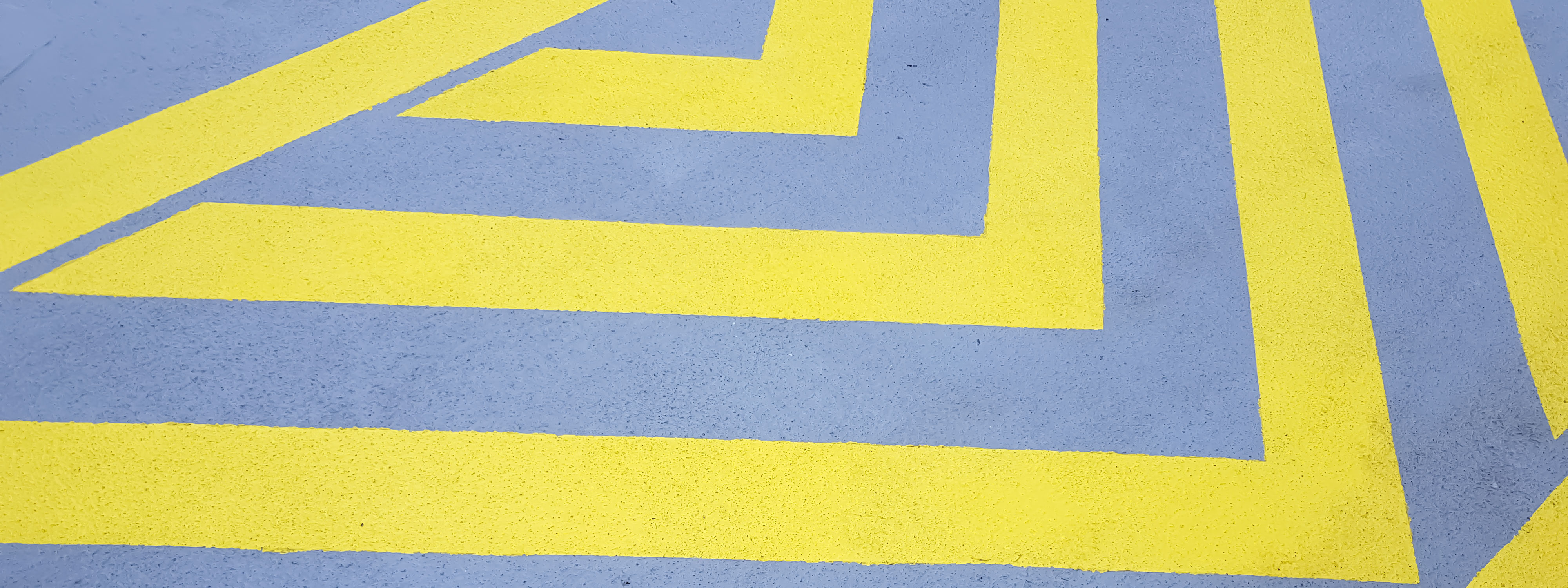
On 17 November 2021, the European Commission ("Commission") announced a Proposal for a new Regulation to curb global deforestation and forest degradation driven by European Union ("EU") consumption of certain commodities.1 This initiative is part of a set of EU Green Deal legislative proposals to "stop deforestation, innovate sustainable waste management and make soils healthy for people, nature and climate".2
The proposed Regulation would ban from the EU market certain commodities – ranging from cattle to coffee to wood – and products derived from them, unless they can be shown to be "deforestation-free" and produced in accordance with applicable laws. It would also ban their export from the EU under the same conditions. The proposed Regulation also introduces mandatory due diligence rules on companies to ensure that only compliant commodities and products enter the EU market, or are exported from it. The Regulation would repeal the EU Illegal Timber Regulation, which already imposes mandatory due diligence rules on EU timber traders.3
As this is only a legislative proposal for now, the specifics are subject to change. Companies producing or selling said commodities and products in the EU, or exporting them from it, should look closely at the far-ranging obligations that are likely to be imposed. The Commission estimated that the cost of the measure to companies could amount to between EUR 158 million and EUR 2.4 billion per year.
The proposed Regulation is intended to complement a separate legislative initiative introducing mandatory due diligence on human rights and environmental impacts to companies’ own operations and value chains in general, but goes further than that initiative.
Commodities and products concerned
The proposed Regulation would only apply to specific commodities and products: cattle, cocoa, coffee, palm oil, soy and wood, as well as certain products containing, having been fed with or having been made using, those commodities, such as beef, pulp and paper (except if bamboo-based or recycled). In a press conference, Commissioner Sinkevičius did not exclude adding rubber to the list of commodities concerned.
Annex I to the Regulation Proposal contains a Combined Nomenclature-based list of products that would be covered by the Regulation.4
The prohibition
Placing or making available the listed commodities and products on the EU market5 would be prohibited unless they are "deforestation-free", they have been produced according to the relevant legislation of the country of production, and they are covered by a due diligence statement.6
A deforestation-free commodity or product would have to be produced on land that has not been subject to deforestation after 31 December 2020, and for which the wood has been harvested from the forest without inducing forest degradation since that date. Criteria for assessing whether commodities are deforestation-free would be applied regardless of the country of origin. "Deforestation" means the conversion of forest to agricultural use, whether resulting from human action or not. "Forest degradation" is used to describe unsustainable harvesting operations that inflict damage on the biological or economic productivity and complexity of forests, reducing long-term benefits (e.g. wood, biodiversity, etc.).
Obligations on operators
The proposed Regulation would impose obligations on "operators"; i.e. persons or entities placing the commodities and products in question on the EU market, or exporting them from it, for commercial purposes. Where a relevant commodity or product is placed on the market by an entity from outside the EU, the operator would be the first entity established in the EU who buys or takes possession of it. EU importers would therefore qualify as operators. Some obligations would also be set on "traders".7
Operators would have to exercise due diligence before placing said commodities or products on the EU market, or exporting them from it. Due diligence would include the collection, organisation and preservation for five years of detailed information (including, for example, the geo-localisation coordinates of all plots of land where production took place, the time of production, and verifiable information that the commodities and products are deforestation-free and that they were produced in line with relevant legislation of the country of production).
Operators would produce a due diligence statement when satisfied that the commodities or products were compliant, thus assuming responsibility. In the statement, operators would confirm having carried out due diligence, and having found no or only negligible risk. Submitting a due diligence statement would be necessary to place these commodities or products on the EU market or exporting them from it.
As part of their due diligence, operators would have to engage in risk assessment and be able to demonstrate that the relevant commodities and products are deforestation-free, and that they have been produced according to the relevant legislation of the country of production. Where operators are not able to demonstrate that the risk of non-compliance is negligible, they should not place the relevant commodities or products on the EU market or export them. The Commission would use a benchmarking system to assess the risk of commodity-driven deforestation and forest degradation by country, which would have to be taken into account by operators.
Operators would have to carry out risk mitigation too, adopting measures to reach nil or negligible non-compliance risk levels. Such measures would have to be adequate and proportional to effectively mitigate and manage non-compliance risk. They would include, inter alia, internal control and compliance management, the appointment of a management-level compliance officer, and independent risk mitigation auditing.
Enforcement and penalties
The competent authorities of the Member States would be responsible for enforcement and for carrying out checks to determine if operators and commodities placed on the EU market or exported from it comply with the Regulation. Operators could be subject to different levels of oversight, depending on factors determined by the Member States. Nevertheless, it is proposed that each Member State carry out checks of at least five per cent of the relevant operators, every year. Five per cent of the volume of each of the commodities and products placed, made available or exported from each territory would also have to be subject to checks.8 Commodities and products within the scope of the Regulation would be subject to controls upon entering or leaving the EU market, too.
The Commission proposes a complaints procedure, enabling persons and entities to submit concerns to the authorities relating to operators and traders, based on objective circumstances. The competent authorities would then decide on next steps, including checks or hearings.
Operators or traders found to be non-compliant would be required to take corrective action to bring themselves in conformity. Additionally, Member States would lay down penalties for infringements. Such penalties would include, as a minimum, fines proportional to the level of environmental damage and the value of the commodities,9 the confiscation of the commodities and products concerned, as well as revenues gained with them, and temporary exclusion from public procurement.
Next steps
The adoption of a Commission proposal is the first stage in the EU legislative procedure. The Council of the EU and the European Parliament will now have to agree on and adopt the Regulation. It will then come into force without the need for any further implementing measures at the Member State level.
1 Commission, Proposal for a Regulation of the European Parliament and of the Council on the making available on the Union market as well as export from the Union of certain commodities and products associated with deforestation and forest degradation and repealing Regulation (EU) No 995/2010, 17 November 2021, COM(2021) 706 final.
2 Commission press release, "European Green Deal: Commission adopts new proposals to stop deforestation, innovate sustainable waste management and make soils healthy for people, nature and climate", 17 November 2021.
3 Regulation (EU) No 995/2010 of 20 October 2010 laying down the obligations of operators who place timber and timber products on the market.
4 Annex I to the Regulation Proposal, 17 November 2021, COM(2021) 706 final. The Regulation would not apply to goods "produced entirely from material having completed its lifecycle and would otherwise have been discarded as waste". This exemption would not apply to by-products of a manufacturing process involving material that was not waste.
5 "Placing on the market" means making a relevant commodity or product available on the EU market. "Making available on the market" means the supply of a relevant commodity or product for distribution, consumption or use on the EU market for commercial purposes, whether in return for payment or for free.
6 Where an operator would be unable to complete due diligence, it would be impossible to place the commodities or products covered by the proposed regulation on the EU market or export them from it.
7 Obligations would also be imposed on "traders"; i.e. any other person or entity in the supply chain which makes these commodities and products available on the EU market in the course of a commercial activity. Traders that are not SMEs would be considered operators, and face the same obligations. Traders that are SMEs would only face reduced obligations.
8 Imports from countries the Commission considers to be high risk would be subject to increased scrutiny, with checks covering at least 15 per cent of the relevant operators, and 15 per cent of the covered volume.
9 Fines would aim to cancel economic benefits derived from infringement. Fine levels would increase following repeated infringements. Maximum fines would be of at least four per cent of the annual turnover of the operator or trader in the Member State concerned.
White & Case means the international legal practice comprising White & Case LLP, a New York State registered limited liability partnership, White & Case LLP, a limited liability partnership incorporated under English law and all other affiliated partnerships, companies and entities.
This article is prepared for the general information of interested persons. It is not, and does not attempt to be, comprehensive in nature. Due to the general nature of its content, it should not be regarded as legal advice.
© 2021 White & Case LLP




